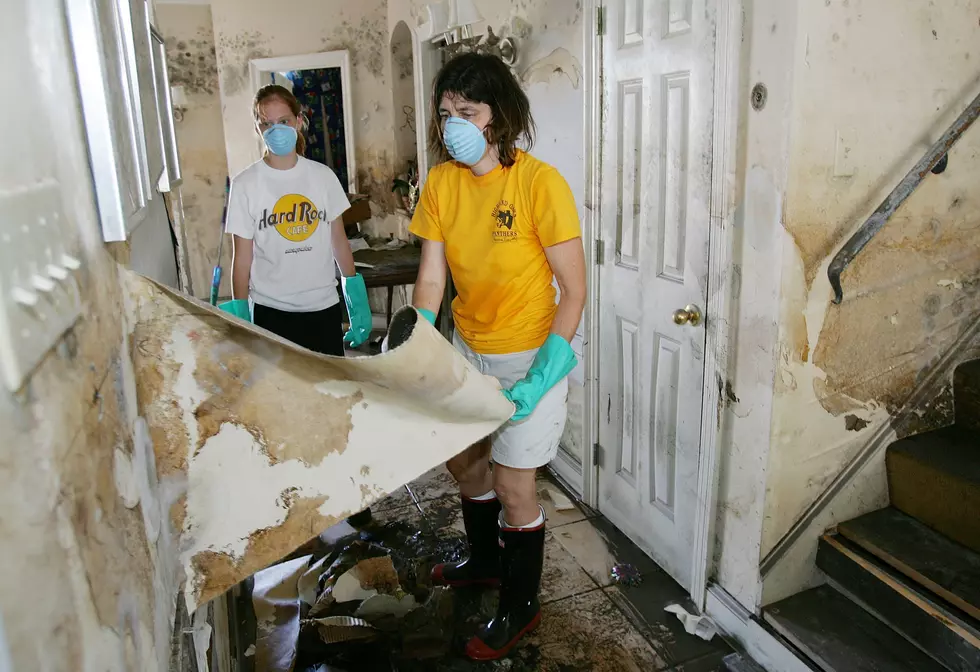
Free Crisis Counseling For Louisiana Children And Youth Seeking Normalcy After Flood Event
Returning to school in late August brings a sense of routine to most children across the country. But in Louisiana there are many young people whose lives are far from normal. They are still living the aftermath of storms and widespread floods that drove tens of thousands from their homes and left many living with relatives, or in hotels or shelters.
Some schools that were battered by the storms are not able to open on time, so even students whose homes were not affected are unable to resume their normal lives. Family lives may also have been disrupted as parents lost jobs when places of employment were damaged.
Children can be especially vulnerable to stress following a disaster. Preschoolers, children and teenagers may have witnessed their home being damaged or destroyed, experienced an evacuation, suffered an injury, lost a pet or even just had their normal routines interrupted. These children are susceptible to bouts of anxiety, fear and behavioral problems.
A free crisis counseling program, funded by FEMA and administered by the Louisiana Department of Health and Hospitals (DHH), is open to any adult or child in designated parishes. To learn more, call the DHH-Office of Behavioral Health Louisiana Spirit Crisis Line at 866-310-7977.
Trained counselors are provided by the network of state Human Services authorities and districts. Calls to the crisis lines are free of charge, as are face-to-face follow-up sessions for children (and adults) whose needs cannot be fully served through phone counseling.
The health department team encourages parents to help children through the season by listening and talking about their feelings, while reassuring them they are loved and that it’s OK to have these feelings. Children are resilient, and with reassurance, guidance and love, they will be able to take a life-changing event and develop the coping mechanisms to assist them in the future.
Younger children may suffer sleep problems or bedwetting. Older children may display anger, aggression or withdrawal. Some children who have had only indirect contact with the disaster, but witness it on television, may develop distress.
What's the best way to respond to your child during or after a disaster? Click here (https://www.ready.gov/kids/parents/coping) for some pointers, including a guide to common child reactions to disaster by age.
“Parents are the experts on their own children – they know when something’s out of line,” said Tom Davis, associate professor of psychology at Louisiana State University in Baton Rouge. “Three months after a disaster, if my child was still having difficulties, with symptoms like nightmares, flashbacks, not wanting to talk about it and always being in startle mode, I would consider counseling.”
[Via FEMA]
More From Classic Rock 105.1


![Marines in Full Dress Blue Uniforms Push Car Out of Flood Waters [Video]](http://townsquare.media/site/33/files/2021/09/attachment-Marines-Push-Car-Stalled-In-Flood.jpg?w=980&q=75)



![Flood of 2016: Five Years On [PHOTOS, VIDEOS]](http://townsquare.media/site/29/files/2016/08/Youtube-sTwvids.png?w=980&q=75)
![Major Flooding in New York City as Remnants of Tropical Storm Elsa Approaches East Coast [VIDEO]](http://townsquare.media/site/34/files/2021/07/attachment-Screen-Shot-2021-07-09-at-6.18.33-AM.jpg?w=980&q=75)

